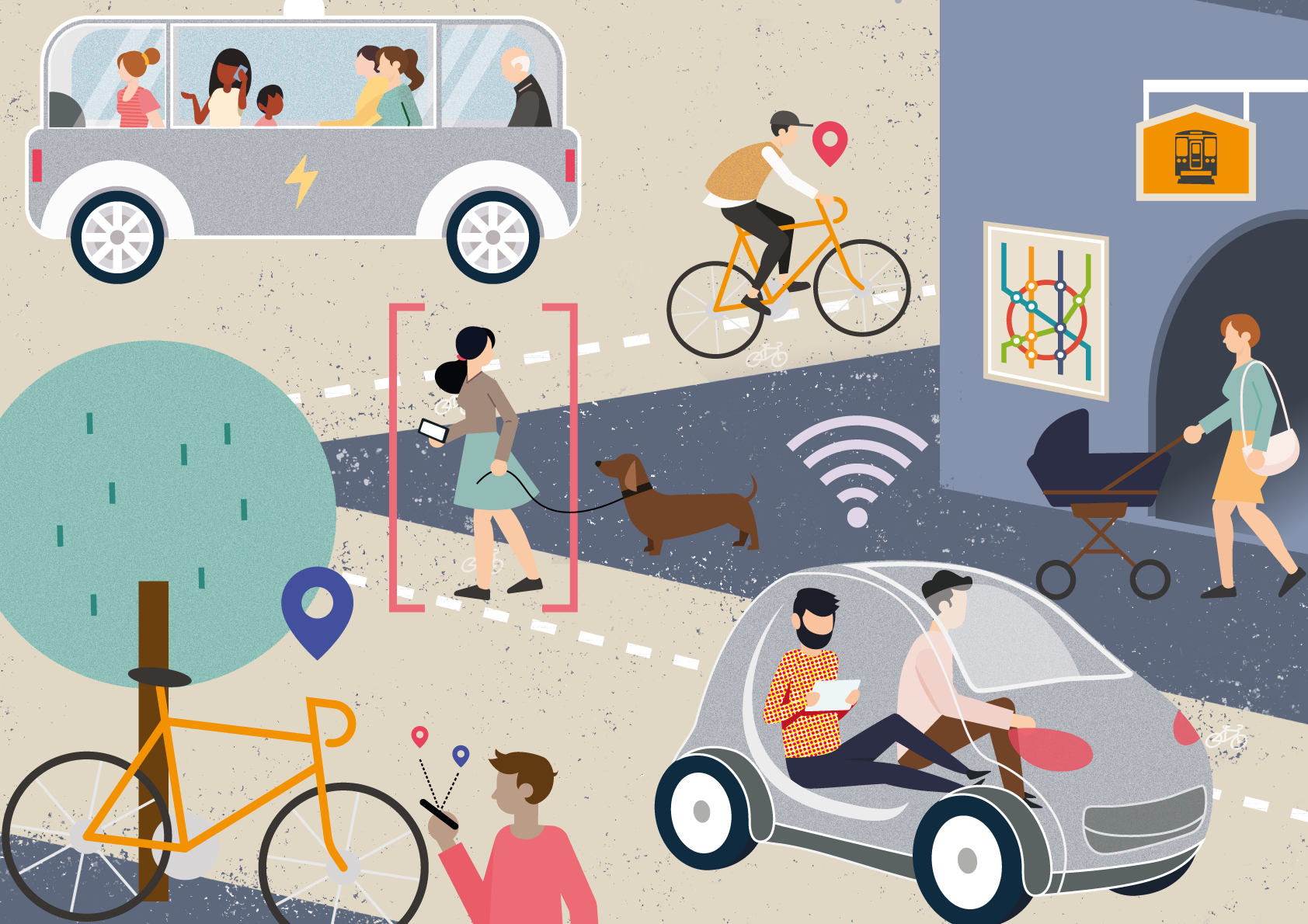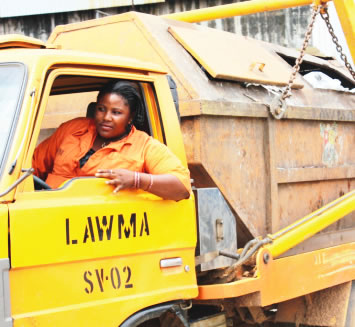Virtual Mobility and Sustainability

According to Marc Amblard Article titled “Will the Future of Mobility be Sustainable?”, all indicators are trending towards continued growth in the global demand for mobility. The UN anticipates that the world population will increase from 7.8B to 9.7B in 2050. Urbanization is expected to reach 68% by 2050 vs. 55% today. The number of people who can afford a personal vehicle is constantly increasing. As a result, the global fleet of light vehicles is expected by some to grow from 1.2B today to 1.6B in 2040. In 2017, transportation represented 58% of all the energy consumed on the planet, according to the International Energy Agency .
It is scary the trend we are headed. We must begin to see an alternative route to mitigate this negative trajectory.
Early this year I took a free online course offered by University of Leeds themed “Transport Systems: Global issues and Future Innovation” via www.futurelearn.com. It is amazing to learn that the United Kingdom could actually save about 31% of her trip if only they encourage more of Virtual mobility. Per year, this would save 3.2 billion trips for shopping, 1.8 billion for education, 1.5 billion for business travel and 0.5 billion for medical visits.
I cannot imagine how much money can be saved in less developed countries like Nigeria especially Lagos State where over N3.8 billion is lost annually due to traffic congestion if Virtually mobility is adopted as a deliberate transportation policy.

Environmental Sustainability cannot be achieved without first reducing the global use and demand of private vehicles. Schemes such as shared mobility, mass transit adoption and more importantly virtual mobility must be encourage across all urban cities across the world. Non motorized transport such as cycling and walking should be incentivized.Urban re-organization where a place of work is much closer to the home should be considered.
I am optimistic that with the advancement of internet of things, technology, internet speed and artificial intelligence, virtual mobility is already becoming our reality most especially due to the Covid-19 pandemic. We need to encourage more of it so has to achieve sustainability in our environment and the transportation system.
Thanks for your time.



Comments
Post a Comment